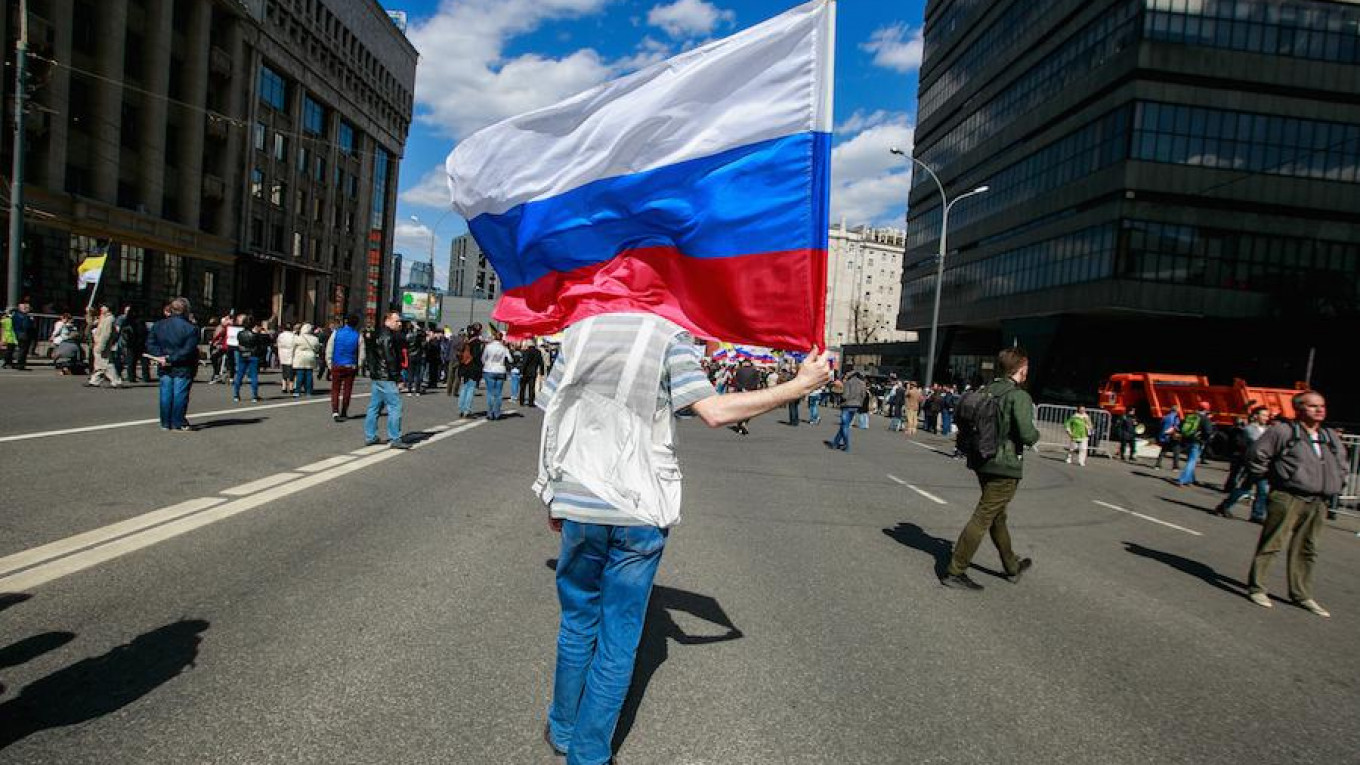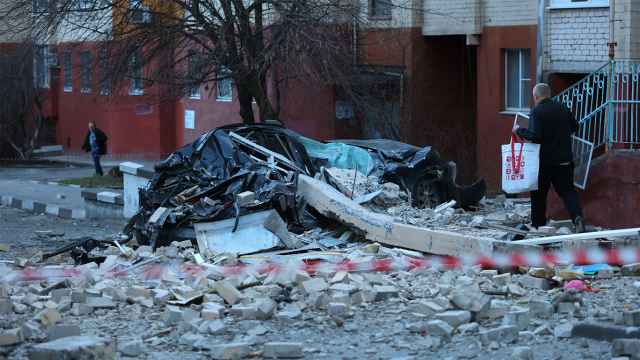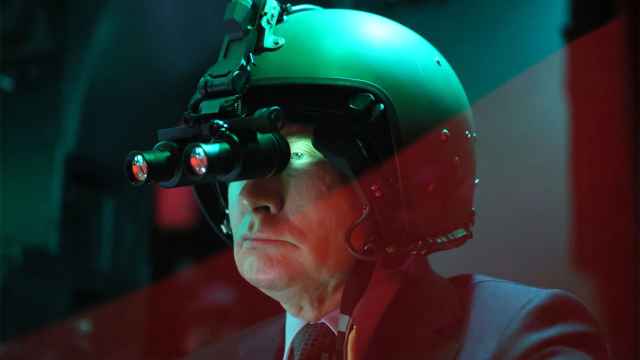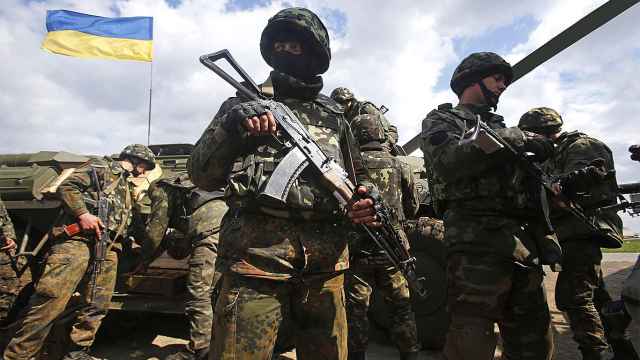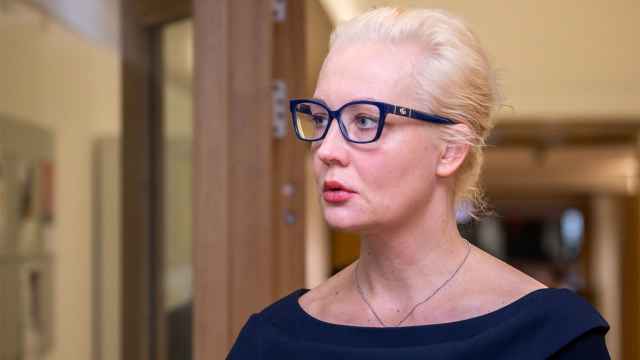Back when I was a fledgling Russia-watcher, I was once given advice from a Grand Old Man in the field: always be the second-most pessimistic person in the room. Pessimistic, because, well, this is Russia; second-most, so someone is the extreme outlier. But as we look forward to Russia’s next presidential term, despite all the doom and gloom, it is worth looking for reasons to be cheerful.
First of all, the Putin system is dying, and few seem to be mourning it. Barring some health issue or the like, Putin will be standing in 2018 and winning. I am struck not just by the lack of excitement about that, but the extent to which even loyalists are already talking about what follows.
Despite alarmist talk about a no-bread-lots-of-circuses regime trying to distract the masses with foreign adventures, Russians are not interested in an age of perpetual war between Eurasia, Eastasia and Oceania. They like to be told they are special – who doesn’t? – and that Russia still matters. They also harbor grievances, some manufactured, others wholly reasonable, about the way the outside world treats them.
But that does not translate into a people willing to sacrifice their interests – and their children’s’ – in the name of empire. Apart from a relative handful of the stratospherically rich, even the elite seem unconvinced by late Putinism, a strange and unworkable fusion of Brezhnevism and Gaullism.
Putin will want to pick a successor who will protect him and his legacy. But he was a political artifact of the 1990s near-collapse of the Russian state and immediate post-imperial backlash. His mini-me will likely be constrained by an elite more interested in economic performance, which means improved relations with the West, reduced defense and security spending, meaningful property rights, and diversification.
In the first instance, that means putting pressure on the individual in the Kremlin, and one of the best ways of doing that is through a re-institutionalization of the state. Democracy in Russia today may largely be sham, but it seeps into public consciousness, and constitutions have a tendency to demand attention over time.
This requires real political parties. Whatever happens to Alexei Navalny – realistically, he was never a candidate for 2018 as the election after – the more his movement acquires structure and nationwide reach, the more it is laying the foundations for such a party.
It is striking that even the sons and daughters of the upper elite are, in the main, not being groomed to run the government, nor wanting to be part of it. A political career in the moribund Putinocracy is neither cool, nor desirable.
We will see the rise of a new generation of political, business and social movers-and-shakers who are, well, normal. They are not hold-out homo sovietici, nor traumatized survivors of the 1980s and 1990s. They have been exposed to a barrage of toxic propaganda, and yet are not goose-stepping stormtroopers of neo-tsarist imperialism.
That does not make them a generation of reformist liberals. Some of them are marching for Navalny. Most are not, though, and that’s OK, but they still want a “normal” life, with a decent job, freedom from predatory officials, and the prospect that their kids will live better.
Together, what this means is that the national intellectual, social and practical infrastructure for a new kind of Russia is being built. However much the Kremlin may seek to control the internet and muzzle the media, Russians are too networked (and naturally skeptical) and the Russian internet architecture too dispersed for this to work.
Instead, Russians are looking increasingly beyond state media for their news, building networks and communities both virtual and physical, and, whatever some outsiders may think, they are not passive. They are finding their own ways of expressing their fears and angers, from satire to industrial action. Sometimes they win, more often they lose, but the point is that whether defending their khrushchevkas or protesting paying road tolls to line the Rotenbergs’ pockets, they are acting.
And from action, bit by bit, can come networks, communities and forces for change.
The Grand Old Man would be shaking his head in disapproving despair but I am unfashionably optimistic about Russia. Maybe that is the historian in me: I am not expecting rapid change for the better, nor that 2024 will see some liberal, law-based democratic state flowering.
But in the long term, Russia has extraordinary potential and will take its place as a European nation in values and institutions, not just geography.



